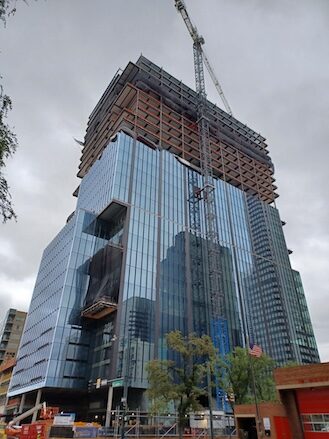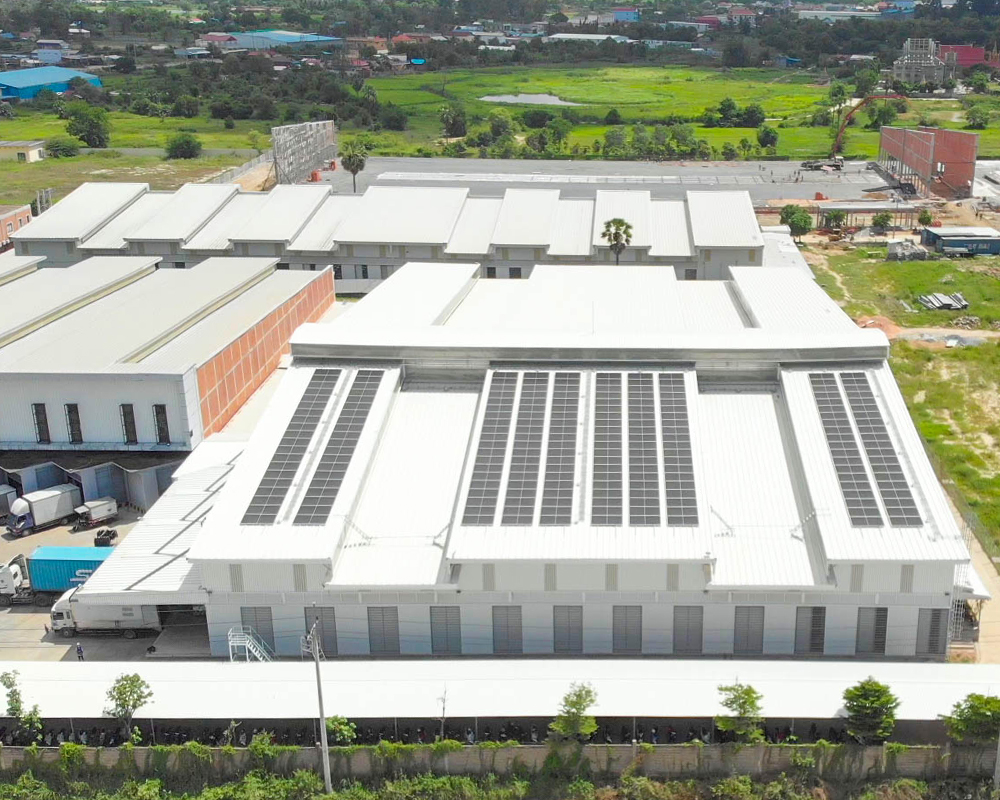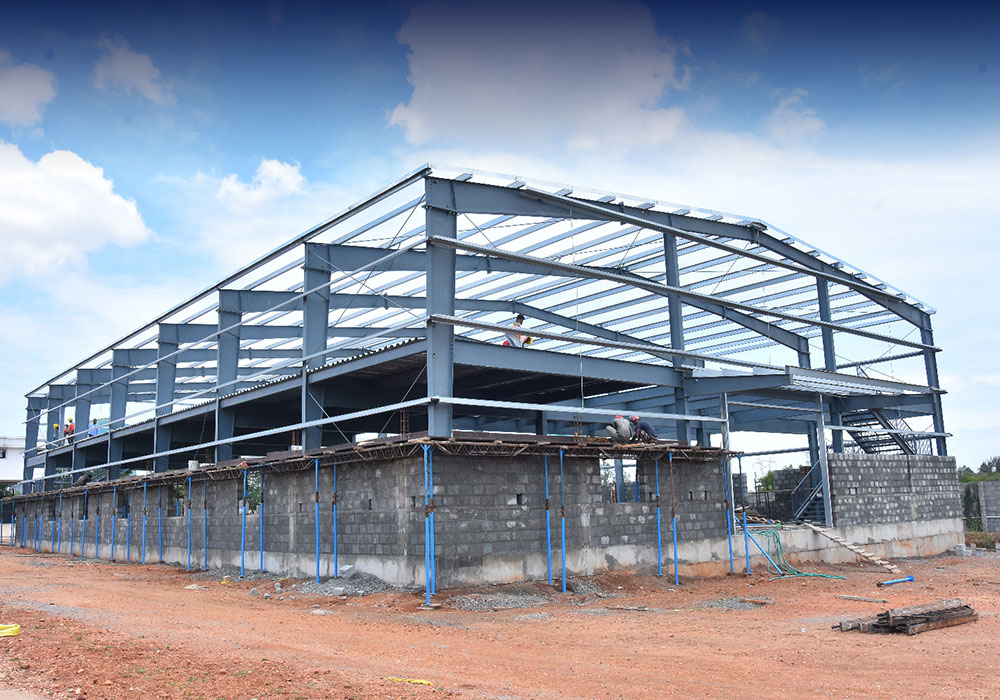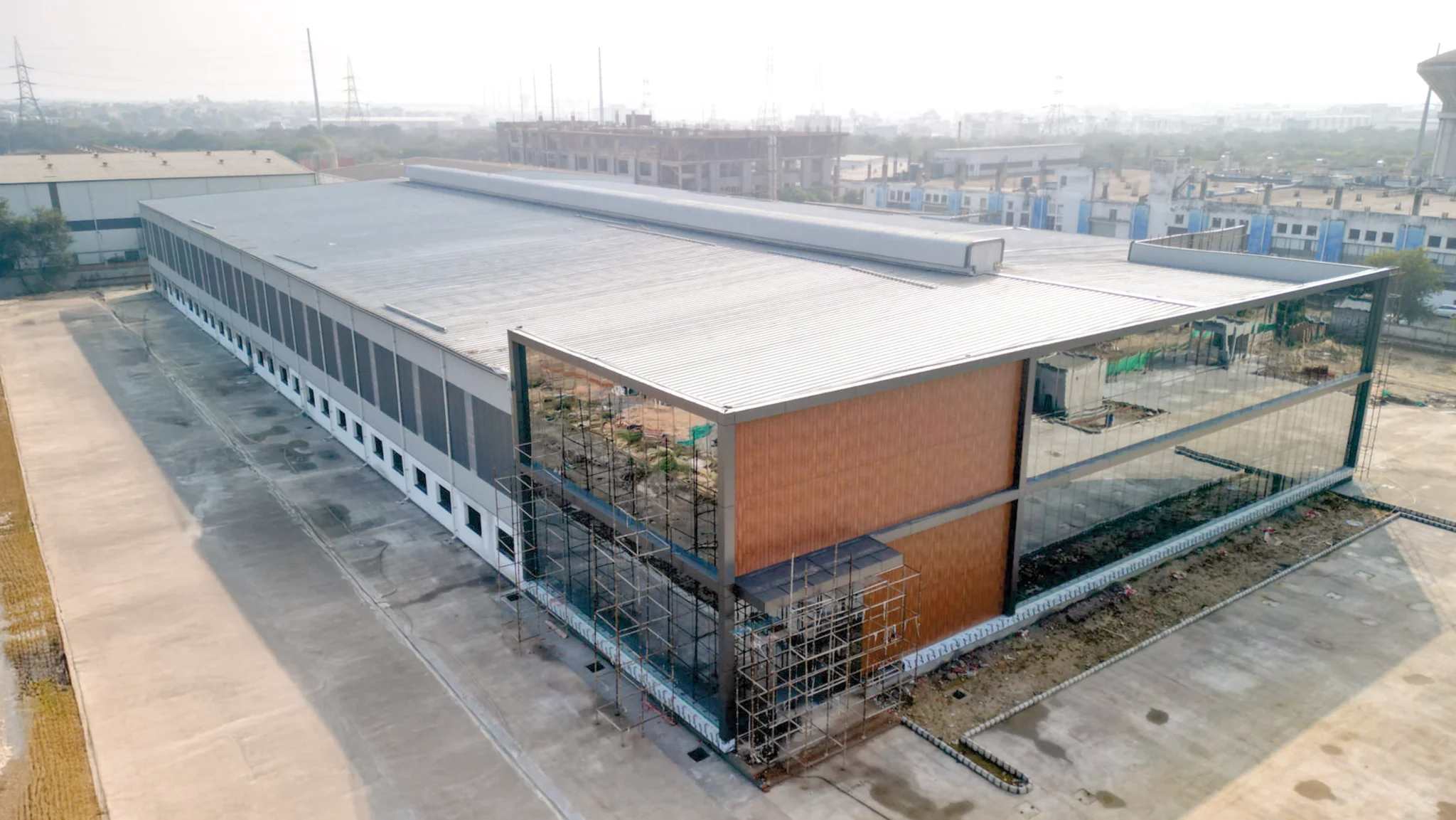
Denver Takes New Steps to Reduce Project Permit Wait Times
[ad_1]
_construction_2023-08-25%5B50%5D.jpg?1751056024)
With industry pressure to expedite what critics said has been Denver’s too slow-moving project permit process, city officials now are working out details of an overhaul launched by Mayor Mayor Mike Johnston’s April executive order—so far with mixed reviews.
Johnston’s order established the centralized Denver Permitting Office to “overhaul Denver’s permitting and development approval processes, making building in the city easier by streamlining permit review timelines and coordination across city departments,” says a city statement.
His goal is “to get every permit submittal completed within 180 days” of reaching the office. It began operation in mid-May with Jill Jennings Golich, former city community planning and development deputy executive director, as inaugural director. She now oversees a team of 280 staffers across several city departments.
“We right now are laying the groundwork for a more efficient and smarter permitting process, and a lot of that has come through,” Jennings Golich says, noting that the 180-day clock has started for projects submitted on or after May 14. “We have built some specific intervention points where we will check in on projects if they start to exceed certain thresholds.”
The office comes in the wake of widespread criticism of the pace of Denver’s permit process. Although average permitting times are down 30% so far this year, the 180-day target is notably lower than the June 2025 90-day average of 266 days for large commercial developments—which is up slightly since the office’s launch. In the most extreme instances, reviews have taken more than two years.
There’s a built-in process to foster more accountability: After 180 days, applicants can now appeal to the permit office executive board. If the appeal takes more than 30 days to resolve, the city will refund up to $10,000 in permit-related fees. The permit office will also require responses to all customer questions within two business days.
Jennings Golich says the office is spearheading two initiatives related to the site development process for new commercial, industrial and multifamily projects, with a target of mid-July. “The first is what we’re calling ‘a one-and-done concept review,’” she explains. “We were seeing concepts take sometimes three [or] four rounds of review.” The concept review is “really providing high-level feedback in terms of feasibility to our customers, and letting them move into the formal process when they are ready to spend the dollars and do design details that are necessary, instead of holding them in concept,” Jennings Golich explains.
The permit office also is simultaneously changing formal site development plan requirements. “Today, we really do not do any kind of intake check, and what we have found is that leads to multiple rounds of review due to incomplete information or associated submittals not being made,” Jennings Golich says. “We’re working with [our] team to launch that effort with a goal to provide better clarity to customers on what’s needed, and ensure we’re getting complete submittals to start the process.”
Doug Elenowitz, co-founder and principal of Trailbreak Partners, a Denver-based private equity firm focused on multifamily and commercial development, says he is optimistic the new permit office will improve the process.
“It’s a strong step in the right direction,” Elenowitz contends. “The idea of centralized leadership and accountability around the permitting process is something I think Denver’s been missing, I’ve had interactions with Jill Jennings Golich for quite some time, and she’s a great leader. My experience has been that she gets things done, so when I heard [she was being put in charge] of [the permitting office], I was excited.”
Elenowitz says availability of Denver permitting staffers has declined markedly in the last five years. “I think our last project took the better part of two years to go through from concept to permit, and it wasn’t always that way,” he notes. “I’m encouraged by the direction and leadership to try to bring it back to a place where it is more predictable and more timely and that you’re being treated as a customer and a partner, instead of an adversary.”
Sean Campbell, principal and CEO of Formativ, a Denver-based commercial real estate development and investment firm, said permitting was “relatively easy” in the early 2010s, but worsened in the 2020s with the rise of remote work catalyzed by COVID-19. “I have reviewers and teammates at the city that work two days a week, and my project works eight days a week,” he says. “Chasing people that work two days a week because they won’t give you an answer on a curb cut is not productive.”
A recent Formativ hotel project in downtown Denver took more than seven months to move out of the concept phase. Campbell attributed delays largely to a lack of interagency collaboration, comparing it to a recent review for a Colorado Springs project that took less than 90 days. “From my perspective, I need more collaboration between planning and the different agencies,” he says. “I think the agencies have gotten too siloed.”
Campbell credits the Johnston administration for recognizing the problem and moving to solve it but says the jury is still out on the permitting office’s new processes. “I’m not claiming to have a silver bullet. I just think it doesn’t need to be this hard,” he adds.
Eric Weins, co-founder and CEO of Denver-based commercial and multifamily developer Weins Development Group, was less diplomatic. “I have been dealing with those people for about 20 years, and it’s getting worse, worse and worse and more fees, more fees, more fees,” he says.
Weins also criticized the new policy of refunding $10,000 for delayed permits. “Why is the taxpayer going to pay for somebody in Denver not doing the work on time?” he asks. “I just want them to do the work on time so everybody can keep going. I don’t care about the $10,000.”
[ad_2]
Source link
Post a Comment
You must be logged in to post a comment.






